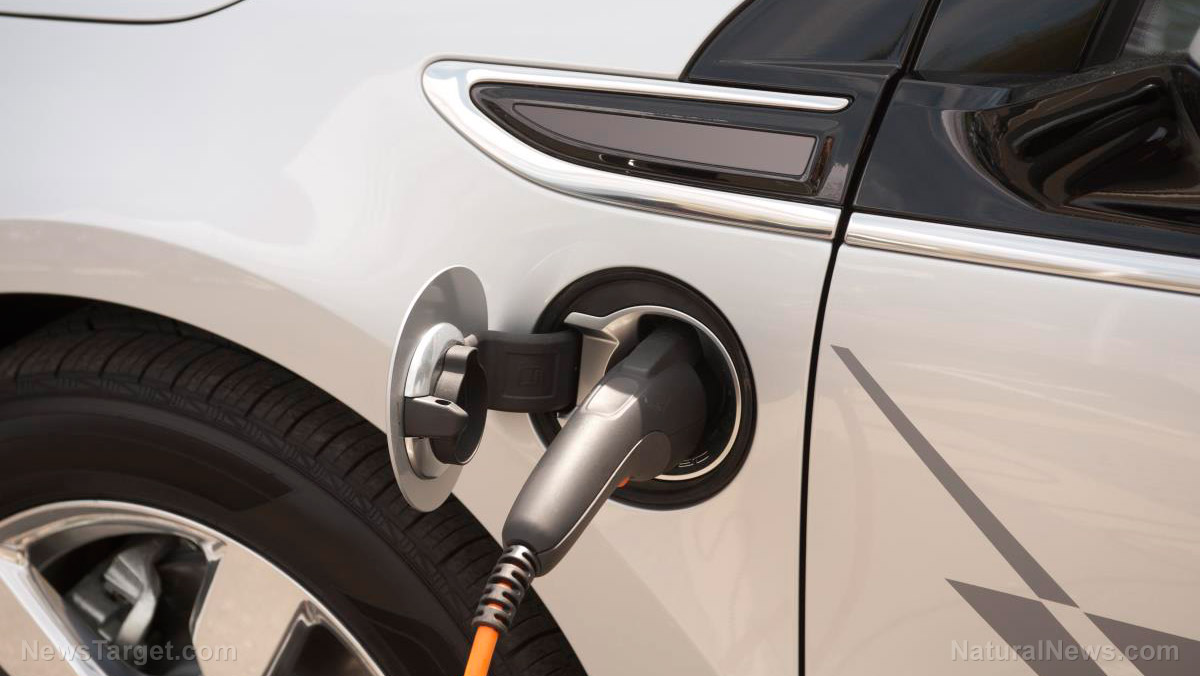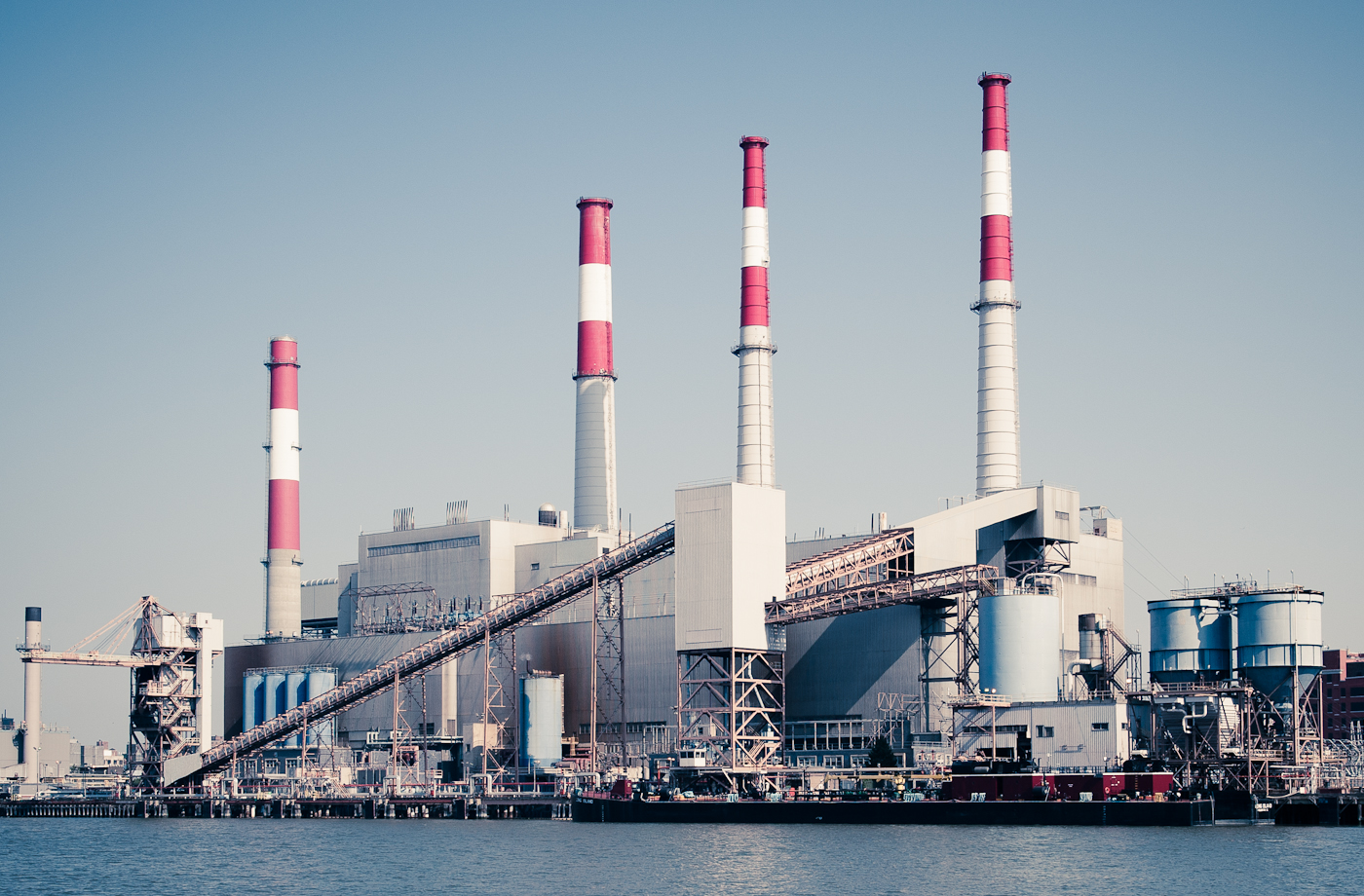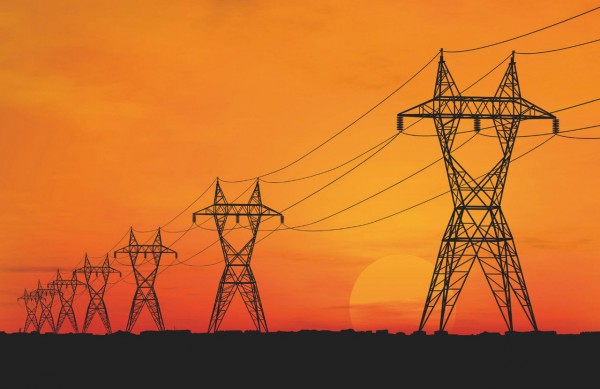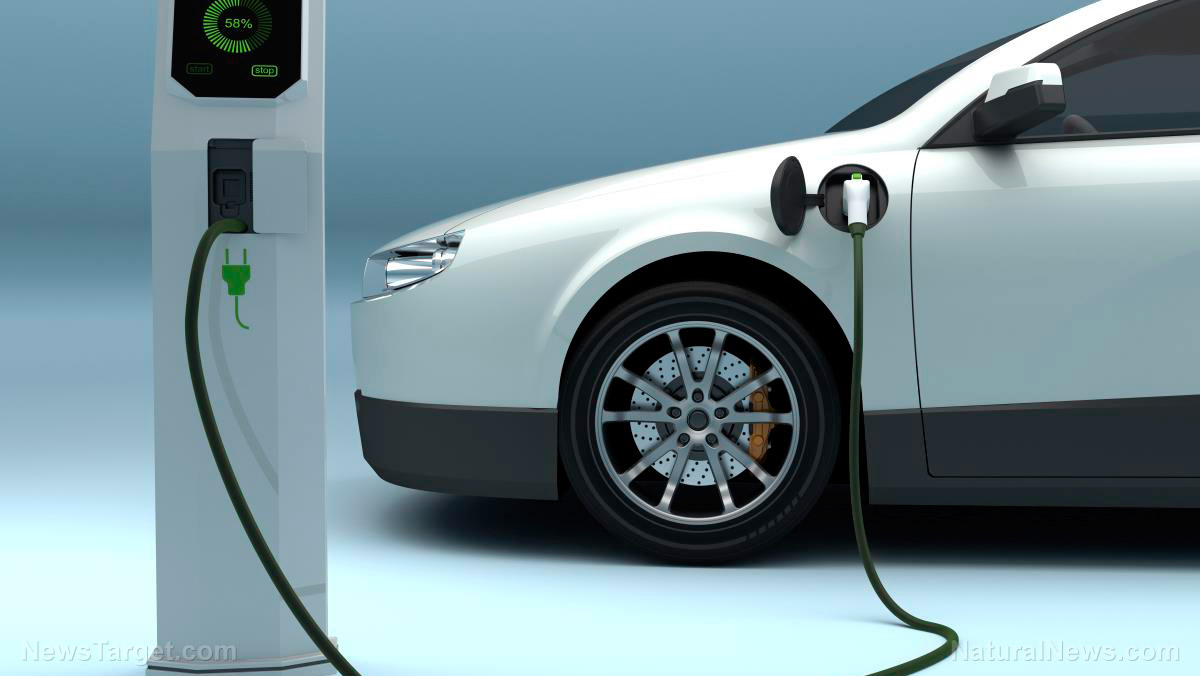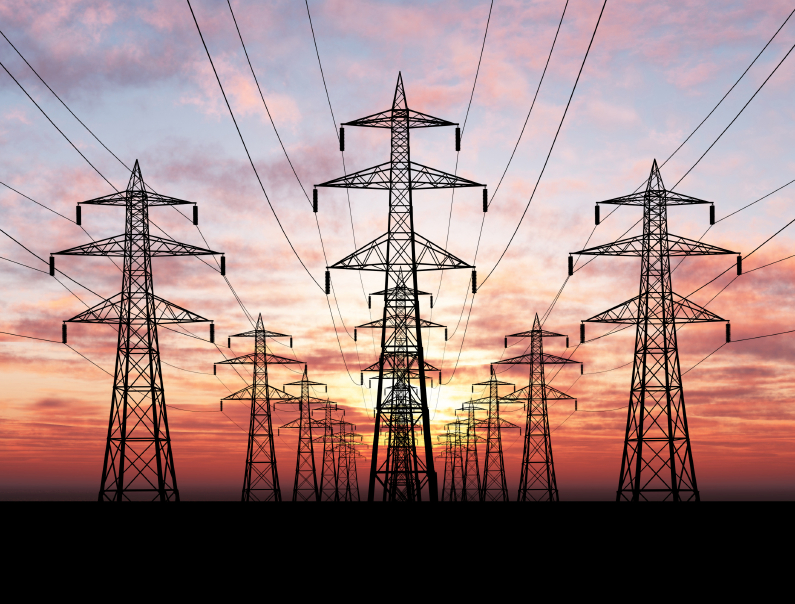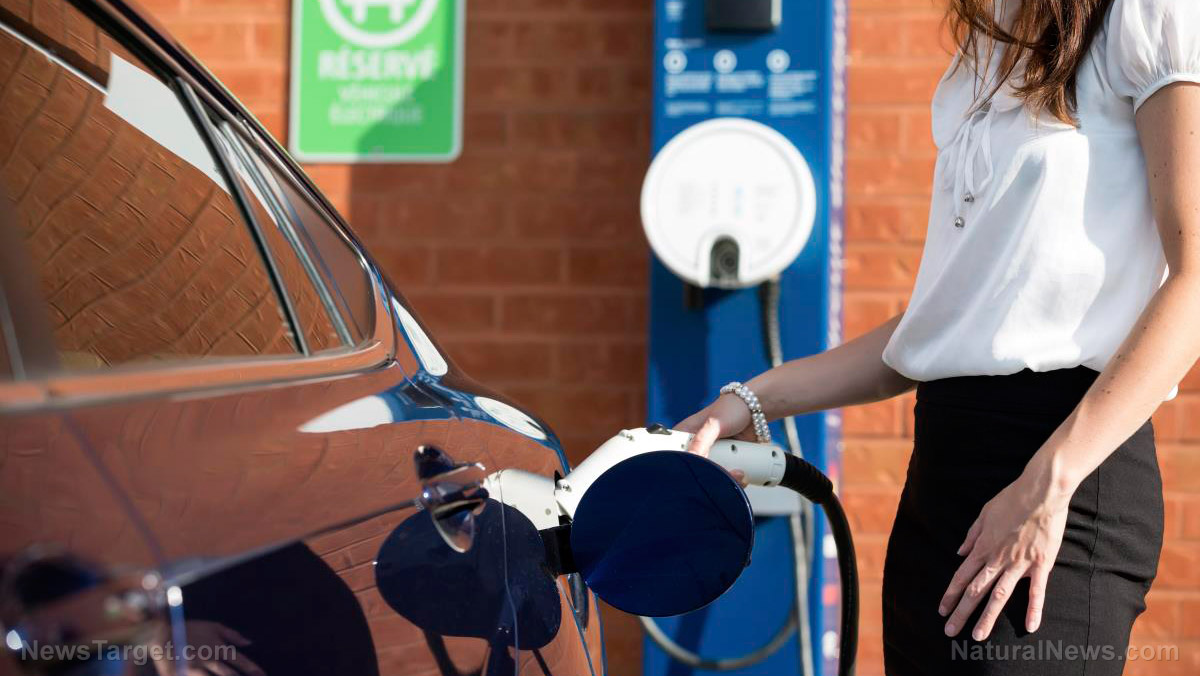DIESEL DEMOLITION: As early as April, diesel could be rationed in the U.K. as authorities phase out Russian oil imports
03/16/2022 / By Ethan Huff

Anti-Russia xenophobia in the United Kingdom is threatening to cut off the nation’s diesel supply, or at least significantly reduce it to the point that shortages ensue, by as early as April.
Great Britain, reports indicate, is expected to have to start rationing diesel sales by next month due to fuel shortages caused by sanctions against Russia. The U.K.’s goal is to phase out imports of Russian oil, but the consequence will be that Brits no longer have fuel for their vehicles.
The U.K. largely sources its own petrol, but the country’s diesel comes mostly from other countries. Roughly one-third of it comes from Russia, which has become NATO’s whipping post amid skyrocketing inflation and other longstanding financial and economic problems.
An economic shock worse than the 1973 oil crisis, Members of Parliament (MPs) are warning, could be coming to the U.K. this spring as energy prices both there and around the world continue to go meteoric with no end in sight.
Prime Minister Boris Johnson will be directly responsible for any diesel shortages that his country suffers since he has promised to gradually remove all imports of Russian oil by the end of 2022.
Johnson, a circus clown-type politician, does not yet have an alternative sourcing plan in place as he has not yet secured any agreements with the Middle East. Some believe that Johnson could travel to Saudi Arabia soon to meet with Mohammed bin Salman to try to at least keep oil prices from inflating too high.
“Risks of energy rationing and ultimately a recession are growing by the day – something most policymakers seem to be ignoring or not grasping right now,” said a spokesman from the Energy Aspects consultancy.
“If Russian oil is not integrated back into the market within the next few weeks, we are at a real risk of having to ration crude and products by the summer.”
Biden says American taxpayers will probably have to buy heat pumps for Europe in order to punish Russia
In the U.K., there are some 12 million diesel cars on the road that rely on Russian supply. By eliminating Russian imports, Johnson will render these vehicles useless, preventing those who own them from going to work and buying groceries for their families.
Last September, many petrol stations ran dry throughout the U.K., which the government blamed on “panic buying.” The situation with diesel come April is expected to be even worse than that.
The U.K. currently receives just 4 percent of its gas from Russia, making it less dependent than other European nations. From a global perspective, Russia currently supplies some 40 percent of the world’s gas.
To further punish Russia, fake “president” Joe Biden of the United States has proposed sending American taxpayer-funded heat pumps to Europe in another display of anti-Russia xenophobia.
Even if Johnson can secure an alternative Middle Eastern source of diesel to replace its current Russian imports, prices will likely continue to skyrocket due to the change and the disruptions it causes.
“Because the UK is part of a global market, any sudden changes to price hit the country,” reported Newspunch. “Wholesale prices skyrocketed when Russia invaded Ukraine, leaping to 800p per therm on March 6 from just 45p at the same time last year.”
“For drivers, the cost of a tank of diesel for a Ford Focus hit £85 this week – up £1.50 in 24 hours – and a tank of unleaded is £81.01, and both could hit £90 this month … A large family car will now cost over £100 to fill up and a 4×4 Land Rover would take up around £165 per tank.”
More related news coverage can be found at Collapse.news.
Sources for this article include:
Submit a correction >>
Tagged Under:
big government, Boris Johnson, chaos, Collapse, diesel, energy, energy supply, gas, inflation, Joe Biden, NATO, power, power grid, products, rationing, Russia, sanctions, shortages, stupid, United Kingdom, War, World War III, xenophobia
This article may contain statements that reflect the opinion of the author
RECENT NEWS & ARTICLES
PowerGrid.News is a fact-based public education website published by Power Grid News Features, LLC.
All content copyright © 2018 by Power Grid News Features, LLC.
Contact Us with Tips or Corrections
All trademarks, registered trademarks and servicemarks mentioned on this site are the property of their respective owners.

